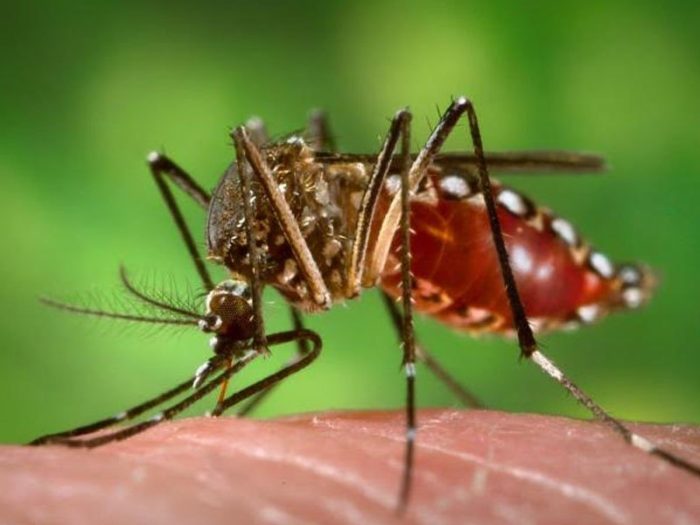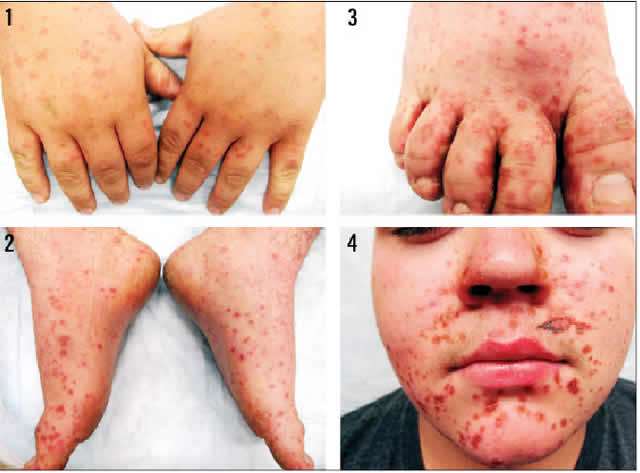System fire fighters: The body requires energy to live. Even breathing requires energy for the muscles to use. Everything you do, even thinking, requires a lot of energy. Though it’s a clear fact of life that most of us are missing is the result of such process. The body converts the food into energy through oxidation. This is similar to burning of fuel from cars. But what is left after the so called combustion process is the heat. And for the human body that would mean trouble. This is where antioxidants come to the rescue. We have natural antioxidants within our body that can counter the damage. But truth is, it is not sufficient. From breathing, digestion to thinking, all of these require energy which in turn requires antioxidants to cool down millions of cells at once. But modern society has even more. Pollution and stress release free-radicals as well. And to cope with this gap we need to consume additional antioxidants to relieve the body from these harmful effects.
Cleanses the destructive aftermath: The aftermath of using energy is very disadvantageous for the cells. Thus it requires cleaning and repairs. Cleansing of free-radicals in the body needs a huge amount of antioxidants. The more energy you use, the more destructive it is for the body. Active lifestyle is good for your health but it should be balanced with the right amounts of antioxidants as well.Taking antioxidant supplements is not just for fancy lifestyle, it’s good for your health.
Lengthens your cell’s life: The body’s cell depends on nutrients from the food. But destructive energy production makes it even harder for individual cells. Each time it uses energy it needs to repair itself. And each cycle makes the cell’s life shorter. This is a natural process but it can become even more challenging if free-radicals come into action. This can further shorten the life of cells. This is the reason why some people age very rapidly, not with the number of years but with their body. Healthy cells dictate how old your body would be. With the aid of antioxidants, body cells may give you more extra years to enjoy.
Lowers risk of diseases: Old age comes with diseases. It sounds all natural but the reason behind this is, again, your cells. On one side the body has the capacity of repairing and healing itself. This phenomenon happens each day without you noticing it. On the other side, each time the body repairs itself, the cell’s life shortens as well. If you expose yourself to loads of stress, physically or mentally, the body will have a harder time repairing itself. If left unaided the body will be overwhelmed with free-radicals, making cells weak. This will ultimately cause ageing and diseases. The antioxidant can aid in this problem. It will help eradicate the harmful free-radicals and help in cell repairs as well.
Antioxidant is not an all-in-one solution to all diseases that plague the human body. But this is one thing that could help your body recover naturally. Remember, healthy cells equates to healthy body.



